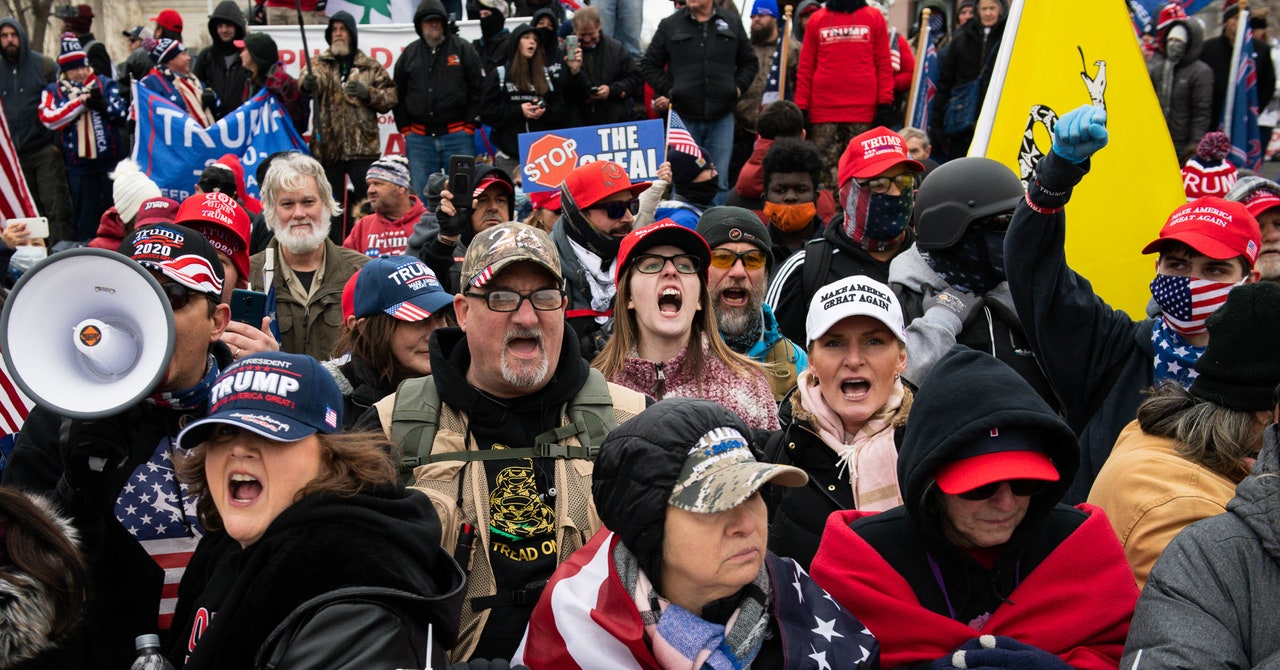
**Breaking Free from the American Bubble: New Research Indicates Americans Prefer News That Validates Political Ideologies**
**Summary:** A newly conducted study reveals that Americans tend to favor news that corresponds with their political ideologies far more than readers in Japan and Hong Kong, disputing the widely accepted notion that political echo chambers are a universal phenomenon. The findings underscore the significant impact of cultural and political circumstances on news consumption habits.
**Source:** [Communication Research Journal, October 10, 2024, DOI: 10.1177/00936502241289109](https://doi.org/10.1177/00936502241289109)
—
### Introduction
It is frequently asserted that individuals have an inherent inclination to seek out news and perspectives that align with their pre-existing beliefs. Termed *partisan selective exposure*, this behavior has been extensively documented in the United States; however, recent research suggests that it may not be as globally applicable as once believed. A significant study recently published in *Communication Research* indicates that American news consumers are markedly more inclined to prefer stories that reaffirm their political beliefs than individuals in Japan and Hong Kong. The results imply that this behavior is heavily influenced by distinct national and cultural contexts rather than being a fundamental aspect of human nature.
### Comparing News Consumption Across Nations
The investigation, spearheaded by Professor Tetsuro Kobayashi from Waseda University in Japan, aimed to determine whether selective news exposure is a worldwide trend. To explore this, the research group created fictitious news websites with a mix of political and non-political headlines. Subjects from the United States, Japan, and Hong Kong were asked to browse these pages and choose stories that piqued their interest.
The outcomes were revealing: participants from the United States exhibited a pronounced inclination to select news that aligned with their political views, validating what researchers refer to as the “echo chamber” effect. Conversely, readers from Japan and Hong Kong showed a greater willingness to engage with a broader array of viewpoints, displaying less inclination towards politically congruent content.
### The Influence of Culture and Politics
Professor Kobayashi attributes the gap between the U.S. and Asian nations largely to varying cultural and political climates. “In the U.S., partisan selective exposure is significantly impacted by the highly polarized political environment,” he explains. U.S. news outlets typically have clear political biases, whether liberal or conservative, which intensifies emotional rifts between various political groups.
In contrast, the media landscape in Japan is notably more balanced. Political polarization is marginally less pronounced, and news organizations typically strive to provide fair reporting, fostering an environment where audiences are more open to diverse opinions. In Hong Kong, while the political climate has become more tumultuous in recent years, the findings suggest that citizens still frequently engage with a variety of viewpoints.
### Consequences for Political Discourse and Democracy
This research calls into question the deeply entrenched idea that selective news exposure is a natural, psychology-driven behavior. Instead, it highlights the significance of the political atmosphere and media landscape in influencing how individuals interact with news. Americans, in an exceptionally divided political climate, tend to gravitate towards content that minimizes the discomfort of cognitive dissonance—when their existing beliefs are challenged by new information. Conversely, in nations like Japan and Hong Kong, where media bias is less severe, this psychological tendency appears to be less pronounced, buffered by the diversity of information available.
“This study has vital implications not only for our comprehension of media consumption but also for the vitality of democratic dialogues,” states Professor Kobayashi. “When citizens are predominantly presented with news that backs their beliefs, they are less likely to encounter differing viewpoints, which can stifle productive political conversations and escalate societal polarization.”
### Cultural Context is Essential
The conclusions of this inquiry underscore an important insight: it is inadequate to assume that findings from U.S.-based research can be broadly applied to other global situations. As emphasized by Professor Kobayashi, “This U.S.-centric perspective in political communication research can be misleading. Our study illustrates that the news consumption patterns observed in the United States do not necessarily reflect universal human behaviors. We must take into account the unique cultural, political, and media system contexts of each nation.”
### Conclusion
In an age where media significantly influences political beliefs, comprehending the diverse ways in which countries engage with news can unveil opportunities to enhance public dialogue and mitigate societal polarization. By acknowledging that news consumption habits are not solely psychological but are also shaped by extensive cultural and political influences, this study paves the way for innovative approaches to promote diverse thinking in media engagement—particularly in highly polarized environments such as the United States.
—
### **Glossary**
– **Partisan selective exposure:** The propensity to prefer content that resonates with one’s political beliefs.
– **Echo chambers:** Environments (especially online) where individuals are primarily exposed to viewpoints that reinforce their own.
– **Cognitive dissonance:** Psychological tension experienced when confronted with conflicting information.